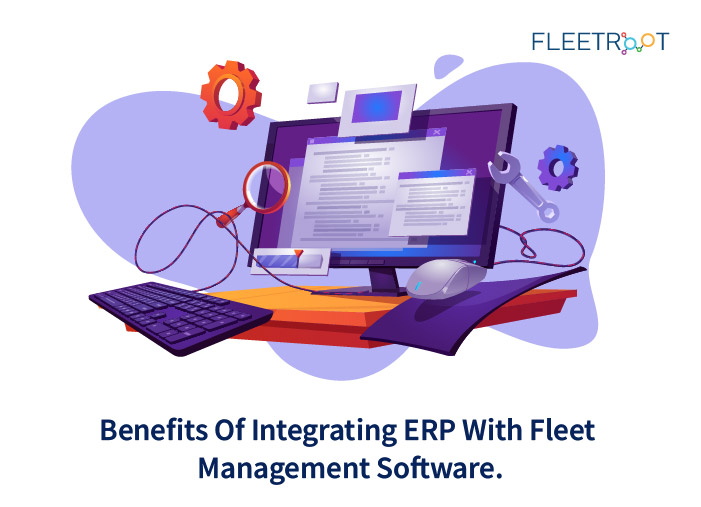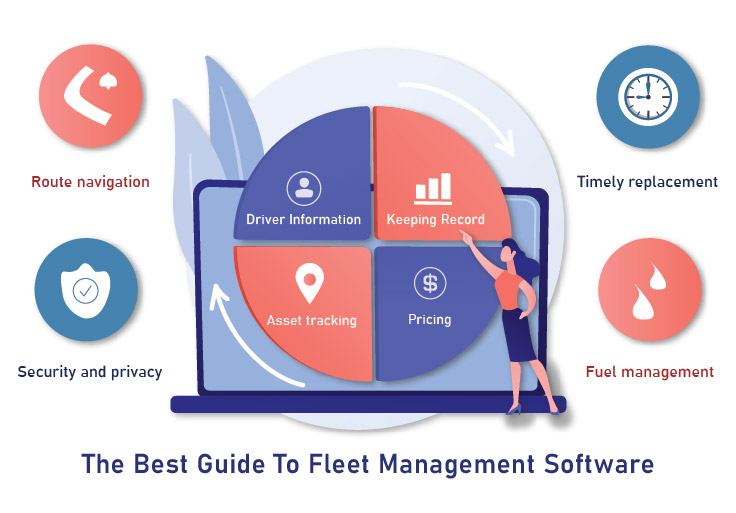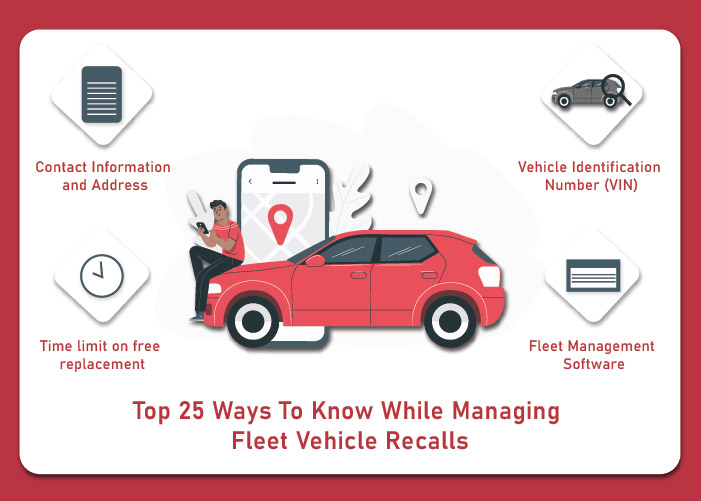Executive Summary
Companies with vast, complex operations that use Enterprise Resource Planning (ERP) systems as part of their resource management, operation, and MIS processes are often faced with the dilemma of tweaking the existing ERP system to manage the needs of specific functions and processes.
One such common function is Fleet Management, and, the question of whether to use an existing ERP system by tweaking it or to purchase a dedicated Fleet Management Software is often asked.
Additionally, must this new software be integrated with the ERP for its full range of benefits? Or, should it be operated independently?
Those in favor of purchasing dedicated Fleet Management Software also need to justify the additional costs, resources, expertise, staff (etc) that are required versus the benefits it promises.
In the final reckoning, the general consensus appears to be that purchasing a dedicated Fleet Management Software and integrating it with an ERP brings significant benefits across costs, efficiency, and profitability.
Therefore, company leadership must investigate this option thoroughly and make an informed decision.
EPR vs Fleet Management Software: A Constant Battle
Companies looking to install a Fleet Management System face an ongoing battle: since the overall company operation is managed via ERP software, the general opinion is that the Logistics and Supply Chain Management Team should use the same ERP for its fleet operations.
Top management is likely to say that the company is already paying for an ERP and all company functions have been integrated into this system. Why spring the price for additional software when it isn’t “needed”?
Now, while ERP has immense proven benefits in managing overall company resources and integration, it often falls short in Fleet Management and Maintenance.
This is because fleet operations need systems and processes that are dedicated to their needs. Add the complexity and performance speeds that modern logistics function under and you have a large-complex operation.
Does that mean that an ERP is completely incapable of managing a fleet? The answer is that while an ERP solution can do some of what it takes, a company needs a full-blown Fleet Management Software Solution to manage fleets across their entire operation.
ERP and Fleet Management Software: Integration Brings Peace! (and, Efficiency).
Robust GPS-enabled fleet, dispatch and maintenance software is built for the specific needs of fleet operations by using inputs and experience of seasoned industry professionals from the logistics and supply chain management industry.
Although firms do take existing (generic)ERP systems and plug-in their fleet management needs, it isn’t the most efficient option that firms should take.
Fully integrating a firm’s ERP with its fleet maintenance software enables the company systems to function with an expanded functionality – and efficiency – with suitable levels of automation.
Given below are 7 top benefits of integrating ERP-Fleet Management software:
1. Best Practices: From a holistic level of managing company operations, using dedicated fleet management software draws from industry best practices. This keeps your fleet management system at the cutting edge of industry advances as against constantly making changes into an ERP solution that you may have decided to use.
2. Deeper Insight Into Operation and Maintenance Costs: since logistics and fleet management is an operations-intensive industry and maintenance costs form a significant line-item of cost, it must be closely monitored.
Although an ERP system will show all maintenance-related costs, transport managers can only understand whether these costs are justified by making a deep dive into the type, frequency, amount (etc) of these maintenance costs eg parts purchased, inventory replenishment, usage, billing, discounts earned, vendor ledgers (etc.).
An ERP-Fleet Management integration will enable management to gain insight into fleet operation costs and enable better decision-making.
3. Integrate Various Functions: for any business, the functions of finance, billing, and accounting are critical, and integrating this with its fleet management software will connect both seamlessly and include departments such as the logistic-side needs of material planning, procurement, purchase, shipments (inward, outward).
For example, billing and accounting entries made in the ERP system against suppliers will be automatically linked with the logistics end. This data flow across multiple departments creates an efficient, non-duplicated MIS that increases overall productivity and efficiency.
4. Improved Safety and Compliance: improved safety is a great benefit of modern automation in logistics.
Not only can you maintain detailed, granular data about past incidents (causes, dates, times, comments etc.) but also use past data to predict the future by applying modern data analytics and prediction tools.
This reduces the probability of similar future incidents considerably.
5. Vehicle Downtime: Deploying, maintaining, and servicing resources with optimal efficiency form the core of an efficient and seamless company operation.
Therefore, the availability – and, non-availability- of all your vehicles and resources must be clearly communicated and built into your operations planning.
For example, when repairs and maintenance make some assets unavailable, the fleet-maintenance system makes the necessary notifications, comments (etc.) including details of its return, job-cost, point-person (etc.).
Since this is done via an automated system on a centralized server, all stakeholders stay suitably informed.
6. Fleet Acquisitions: relatedly, when new vehicles are added into the system, the logistics and operations can be quickly reworked to include the new capabilities and reach the “new optimal” level of operation.
7. Fleet Automation Brings Transparency, Visibility: Integrating fleet management with your ERP gives you a vantage view of all work-streams and resources including:
- Work orders, parts, costs, repairs, inventory, suppliers, mileage, greenhouse emissions, compliance, vehicle history, warranties (etc.)
- Provide for future downtime, maintenance, new asset acquisition, real-time driver review and feedback
- Monitor the Total Cost of Ownership (TCO) for the fleet, the crucial metric for efficiency and productivity
Maintaining the above allows for better planning, and, achieves greater productivity.
Fleet Management Best Practices: GPS-enabled Fleet Tracking Software
A great modern tech tool for Logistics, Supply Chain, and Fleet Management is a cloud-based, GPS enabled Fleet Tracking Software. It sits on a centralized Cloud-Server and can be easily integrated into existing company systems including its ERP.
This is an efficient, nimble, cost-effective, and flexible tool that can be used by companies and fleets of all levels of operations and complexity. Using this increases the fleet management efficiency of the firm several times.
Conclusion: While it is possible for firms to tweak an existing ERP system to include their Fleet Management requirements, it is hardly the best solution.
Using a dedicated modern Fleet Management System and integrating it with the company ERP and MIS is the way to go for a seamless, efficient and robust solution.




